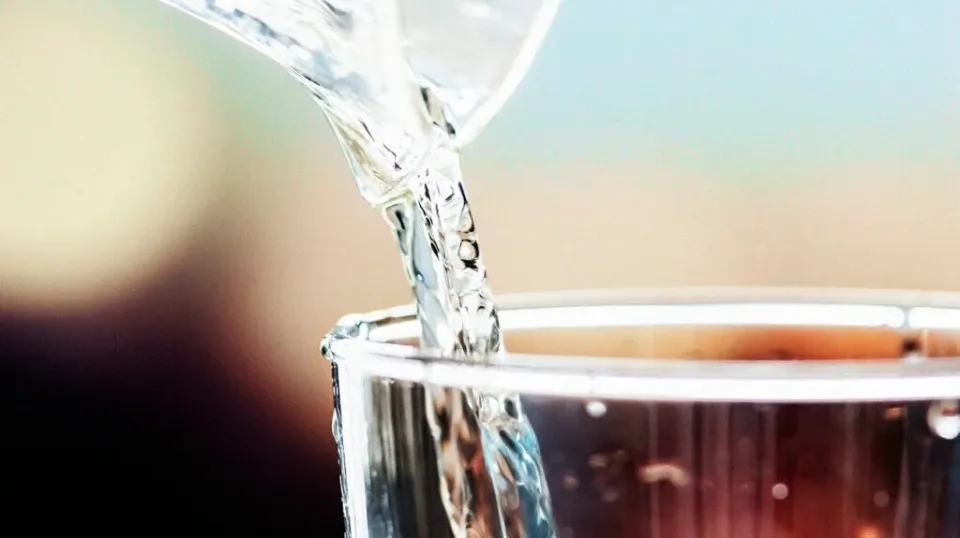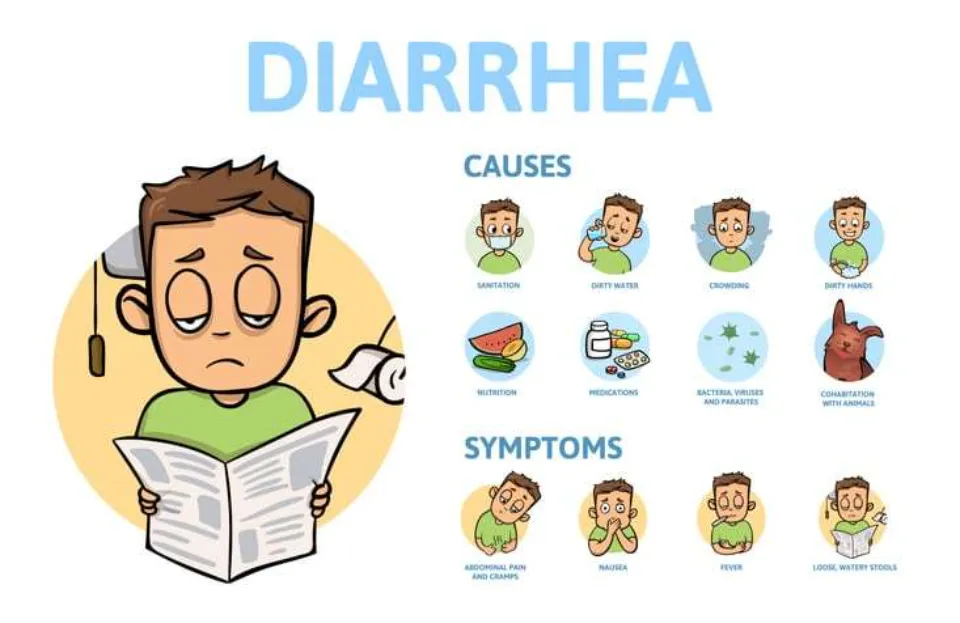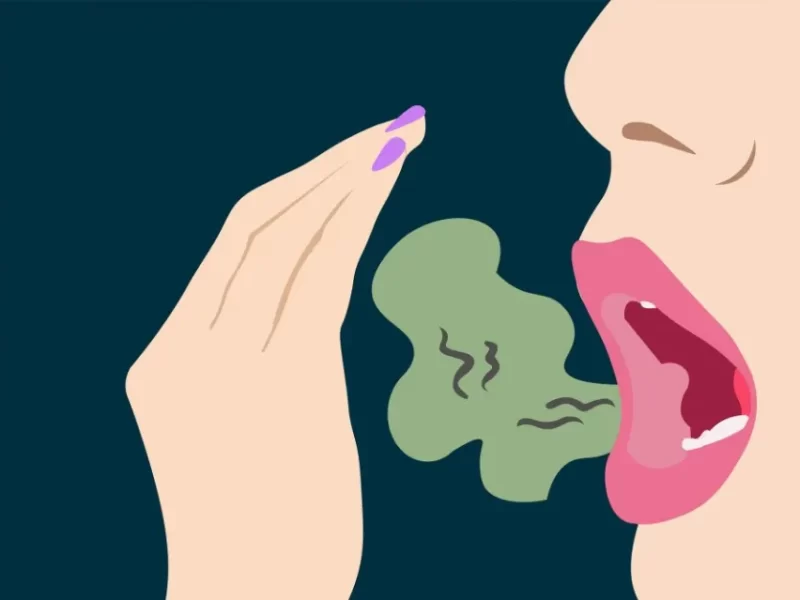Intermittent fasting is often found to improve focus, mental sharpness, and stoke fat-burning in many people. A pleasant experience can be ruined, however, by fasting diarrhea or other digestive issues.
Why might intermittent fasting result in diarrhea if its intended health benefits are to improve your health? There are a number of potential causes if you’ve experienced stomach upset and think it might be related to fasting. They can range from straightforward errors to serious medical conditions.
Learn how to treat fasting diarrhea as well as related conditions like fasting nausea in this article.
Why Will You Get Diarrhea During Fasting?
Although it’s uncommon, diarrhea can occur when you’re fasting.
Food and liquid moving too quickly through your digestive system can result in diarrhea. You don’t absorb the food’s nutrients or energy because it passes through your system undigested.
Diarrhoea or watery stools are not typical during a fast. If you experience diarrhea while on a water fast (during which you are consuming only water and no food), you should break your fast right away. Fasting-related diarrhoea carries some risk.
Usually, fasting doesn’t directly cause diarrhea. You aren’t eating, so your digestive system isn’t filled with food, making it unlikely that you’ll experience diarrhea.
After you break your fast, you are more likely to experience diarrhea or other strange bowel movements. After a prolonged period of fasting, this is especially true.
When you stop eating, your digestive process slows down. If you break a long fast with a large, rich meal, your digestive system may not be able to digest it, causing diarrhea.
That said, there are a few possible causes of diarrhea during fasting.

Too Many Electrolytes
During a fast, electrolytes can aid in preventing dehydration. When fasting, many people like to take magnesium, potassium, calcium, and sodium supplements.
On the other hand, too many electrolytes can make you throw up, especially if you take them on an empty stomach.
The fluid inside your cells and the fluid outside of them must remain electrolyte-balanced for your body to function.
If you consume too many electrolytes, your digestive system may excrete them along with too much water, which will result in diarrhea.
Zero-Calorie Sweeteners
Diarrhea may result from drinking zero-calorie beverages while you are fasting. Digestive distress can be brought on by zero-calorie sweeteners like aspartame, sucralose (Splenda), and sugar alcohols (erythritol and xylitol).
Coffee, Tea, and Other Caffeinated Drinks
When consumed in large quantities, caffeine can also result in diarrhea.
Due to its low calorie content and potential appetite suppressant properties, coffee is frequently consumed during fasts.
Tea or coffee should probably not be included in your fasting regimen if you experience diarrhea after drinking them.
Diarrhea from Intermittent Fasting: How to Stop It?
The remedy will change based on the origin of your diarrhea.
Home Remedies
You can treat many cases of diarrhea at home with some quick dietary changes:
- Drink lots of water.
- Prevent drinking coffee and sugary beverages.
- Consume weak tea, diluted juice, or electrolyte-replacement beverages like Gatorade or Pedialyte.
- Boost consumption of soluble fiber-rich foods.
- Increasing salt and potassium-rich foods.
Medications
If home remedies aren’t helping, you may get relief from over-the-counter medications, including:
- Loperamide (Imodium)
- Bismuth subsalicylate (Pepto-Bismol)
Oral Rehydration Solution for Fasting Diarrhea
When experiencing severe diarrhea while fasting, a person should break their fast and consume an entire serving of oral rehydration solution.
Here’s a simple, science-tested ORS recipe that saves lives around the world every day:
- 1 liter or 1 quart of water
- 6 level teaspoons of table sugar
- 1/2 teaspoon of salt (preferably sea salt, if possible)
- Optional: lemon or lime juice to taste
- Optional: 1/4 teaspoon of potassium chloride (available as “No Salt” or salt substitute at grocery stores)
- Optional: one serving of zinc dietary mineral supplements
After bringing the water to a boil, stir in the salt, potassium, sugar, and sugar (if any) before serving. You can either mix the zinc into the solution or take it on its own. Refrigerate if you aren’t drinking immediately.

If you intend to consume the ORS right away, heat only a few ounces of water, whisk in the ingredients, and then add the remaining water to cool the mixture. Speak with a doctor if you frequently get diarrhoea while fasting.
Ending Your Fast Due to Diarrhea
If you must break your fast due to diarrhea, think about starting with the BRAT diet (banana, rice, applesauce, and toast).
This diet consists of bland, starchy, and low-fiber foods. It assists in forming stools and replenishes lost nutrients.
You should also:
- Eat small meals.
- Avoid fried food.
- Steer clear of bloating-inducing foods like broccoli and beans.
Why Do People Fast?
While some people fast for religious or spiritual reasons, others do so for health-related reasons.
Advocates of fasting suggest that the practice yields the following benefits:
- Reduced inflammation
- Decreased risk of heart disease and diabetes
- Weight loss
- Body detoxification
- Improved gastrointestinal function
Regular fasting, according to the Mayo Clinic, may improve your body’s ability to metabolize sugar and lower levels of LDL (bad) cholesterol.
However, there’s very little scientific evidence about the effects of fasting on the human mind and body.
It’s important to be aware of any issues that may arise during a fast, such as diarrhea, since going without food for extended periods of time can be taxing on the body.
Final Thoughts
It’s not true that fasting alone causes diarrhoea. A side effect of fasting is not diarrhea. However, during an intermittent fast, diarrhea or nausea can offer important cues as to whether or not you’re fasting properly and may even indicate hidden issues. As you look into potential causes, be sure to pay attention to hints like how long it lasts and how frequently it occurs. A homemade oral rehydration solution (ORS) is a good idea to address dehydration caused by diarrhea.



